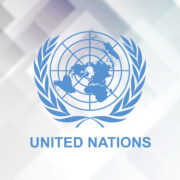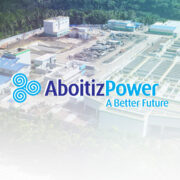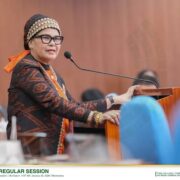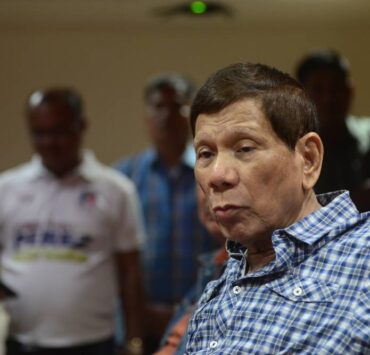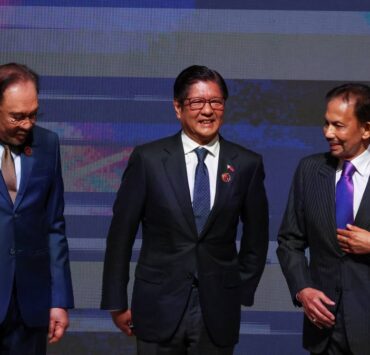Marcos: Make climate finance sufficient, available to poor nations
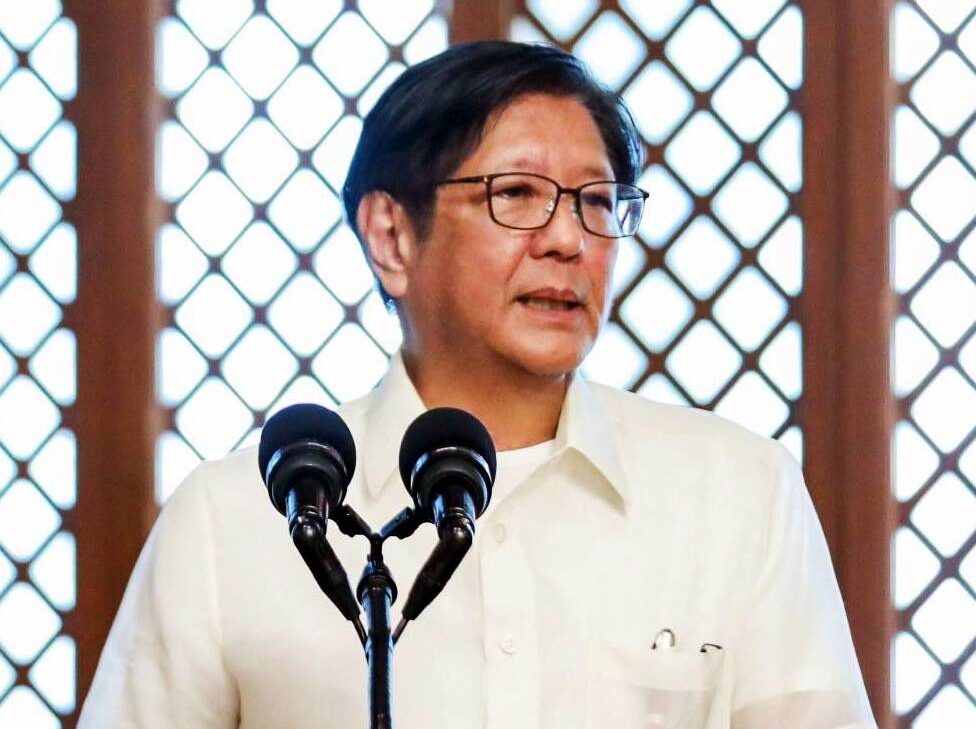
KUALA LUMPUR—President Marcos on Monday urged developed nations and partners of the Association of Southeast Asian Nations (Asean) to bolster climate finance to make it accessible and sufficient for developing and poor nations that are most vulnerable to extreme weather conditions due to climate change.
The President made the call in his intervention during the plenary session of the 46th Asean Summit here on Monday morning.
In his seven-minute speech before leaders of the regional bloc, Mr. Marcos pointed out that nearly half of Southeast Asia’s population faces significant climate-related risks as one of the most climate-vulnerable regions in the world.
“As the host of the Board of the Fund for Responding to Loss and Damage, the Philippines will continue to advocate for scientific and evidence-based, investment-led, and transformative solutions to the climate crisis,” he said.
Most defining challenge
Mr. Marcos also appealed for “deeper regional cooperation to address these emerging and transboundary challenges,” as he noted that climate change “is now the most defining and cross-cutting challenge of our time.”
The President told leaders of Asean member-states that in the Philippines, the government’s programs for inclusive development are “equitable, empowering, and transformative.”
Mr. Marcos stressed these objectives can only be realized by working together with Asean’s partners and by investing in people for sustainable growth.
In July 2024, the Philippines was chosen as host of the Loss and Damage Fund Board, which is in charge of administering the multimillion dollar climate fund for developing and poor countries that face the most risk from the impact of climate change.
In December 2023, during the United Nations Climate Change Conference in Dubai, the world’s richest and developed nations initially pledged around $700 million for the Loss and Damage Fund.
In April this year, the board decided to spend $250 million until the end of 2026 on initial interventions to help developing countries deal with the aftermath of disasters stemming from climate change.
The startup phase will include grants of between $5 million to $20 million to small-island developing states and least developed countries with approved climate-change mitigation proposals.




